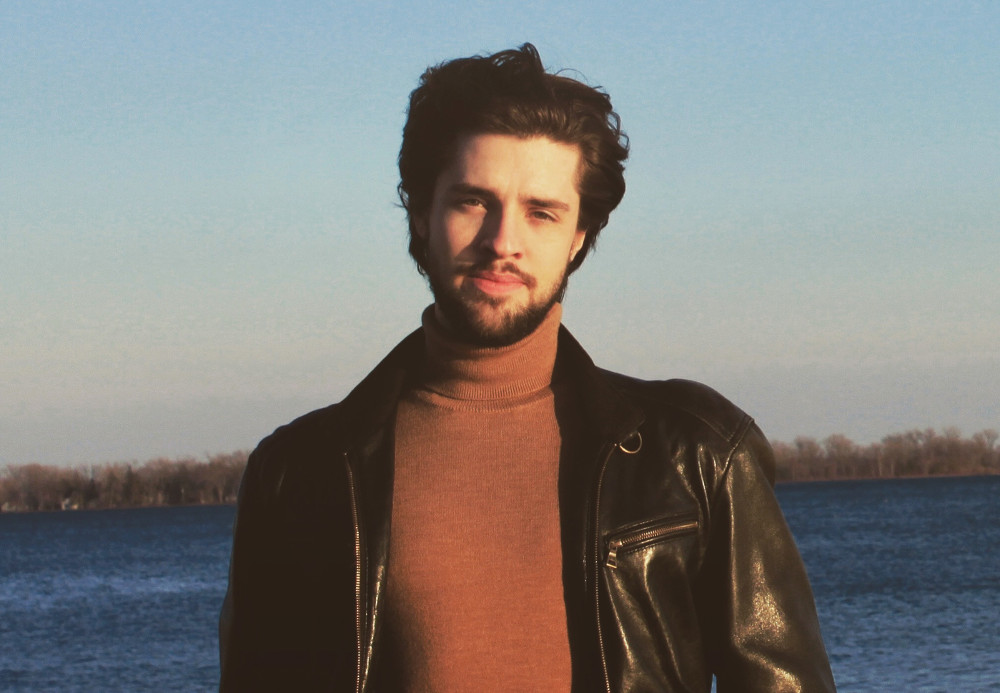Evan Auwaerter | Contributor
Featured image: York student and poet Alexei Muravsky explains how reading and music can influence creative writing. | Alexei Muravsky
Don’t let the large number of science students at York fool you—there is a plethora of talented artists on campus honing their craft.
Alexei Muravsky, a fifth-year Psychology student, is one such artist, who expresses his voice by putting words on paper.
Muravsky, an emerging poet, has been involved in peer-writing programs to help students improve their writing, which has helped shape his philosophy towards writing techniques.
“How do you teach someone to make art? Some concepts are excellent to learn from a formal education, such as the technical skills needed in creating visual art. But for things that need philosophy, such as the hardships faced in life, you need that personal experience outside of the classroom,” Muravsky explains.
His love for reading has influenced him greatly—he credits his mother for pushing him to read books above his age level, which jumpstarted his passion for writing.
Much of the inspiration for his work has come from writers such as Ryan Holiday, Paul Graham, and Charles Bukowski. Muravsky is also well-versed in hip-hop music and its powerful and complex structure.
“For poetry, it’s been music—specifically hip-hop—that has molded my style. I would hear music blasting from my older sister’s room, and it made me curious about its history.
“Rappers like The Wu-Tang Clan, Biggie Smalls, and Kendrick Lamar have an ability to tell a story through their lyrics in a way that isn’t obvious to predict,” he adds.
“It can pull emotions out of you that you haven’t felt in any other way.
“Writing—in any form—has this kind of power that gives people the ability to become more empathetic, as you are able to learn about the struggles of other people—fictional or not.
“By being exposed to a multitude of situations in stories, you can overlay those circumstances upon similar ones that happen in reality, towards people you may know.
“My poetry is akin to this, because it’s about everything and anything—whatever I feel in the moment, and what I want to talk about. If someone says something that sticks in my mind and I feel that I can create poetry from it, it’s because of how marvelous it was,” he says.
“Being part of the army reserve also changed my perspective of time and inspired my writing,” Muravsky continues.
“Not necessarily in style, but how much time I may or may not have in this life. The way I feel about life now is that every day is not promised and I don’t want to get to the end of my life regretting not doing certain things—specifically, in getting out of my comfort zone with my writing.”



